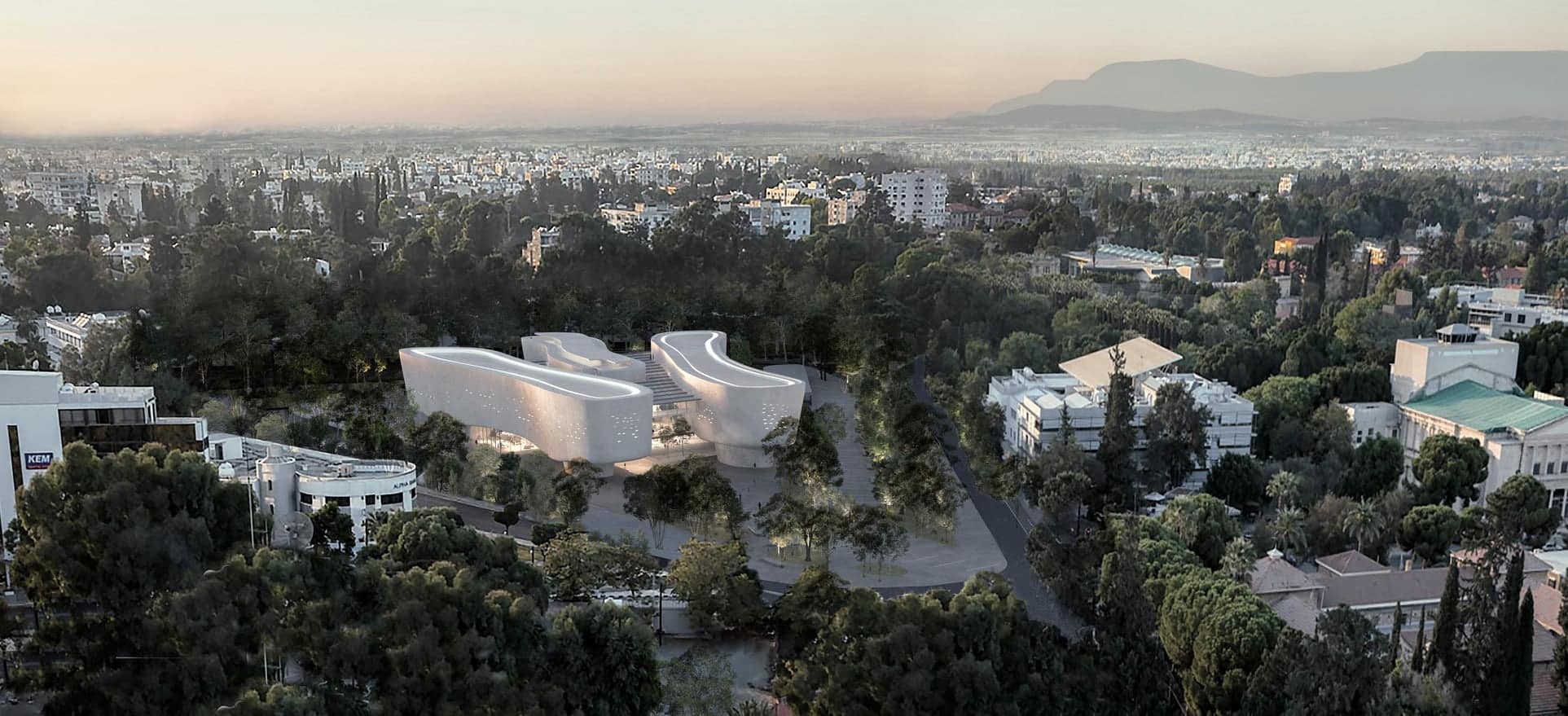The scientific and technical chamber (Etek) has expressed its concerns regarding the tendering process of public works.
They have said that the process as it currently stands is vulnerable to abuses of power, particularly in tenders regarding building projects.
They cited the low number of participations in tenders for public construction projects and cases of companies submitting prices which exceed the estimated cost of the contract as potential issues.
One example mentioned by Etek is the case of the construction of the new Cyprus Museum. In 2015, the project was reportedly valued at €50 million. The value had increased to €75 million plus VAT by 2017, while it was estimated to be worth €102 million plus VAT in 2022. The contract eventually awarded at the end of 2022 was worth €121 million plus VAT – two and a half times the original estimate.
Etek have said that the relationship between the low number of participants and the high estimated contract values should be investigated, while also calling into question other aspects of the tendering process and of the contracts signed.
One issue in the process cited by Etek is the fact that construction contracts do not outline methods of dispute resolution, instead stipulating that disputes will be resolved in court. This increases the risk for contractors, which in turn increases the cost of tenders.
In addition, the fact that constructors are often obliged to agree to long maintenance periods following the completion of construction is another risk to constructors that Etek deems unnecessary.
They say that maintenance periods can often last up to 12 years following the completion of construction, meaning that the constructor of any building is liable to carry out and pay for repairs during that 12-year period.
Referring to low participation numbers in the tendering processes, Etek said that the language barrier could also play a role.
Tender documents are currently only written in Greek, which Etek believes has a negative impact on participation in projects which require partnerships or specialised experience which can sometimes only be sourced outside of Cyprus. They say that the language barrier is turning foreign companies away.
Etek also said that the tendering process in general should be better documented and follow a recognised framework so that the taxpayer is better able to track the ways in which money is spent, and for the process to become more transparent.
Transparency, they say, is key to implementing the changes they have suggested, as they claim that the current status quo has created a lack of accountability and political interventions into the process.






Click here to change your cookie preferences